Exercise Trishul: Advancing India’s Theatre Command
Exercise Trishul is an important step in India's continued progress toward integrated warfighting and jointness at the theater level. In late 2025, the Southern Command of the Indian Army, the Western Naval Command of the Indian Navy, and the South-Western Air Command of the Indian Air Force all worked together on the western border. The desert of Rajasthan, the marshlands of Kutch, and the northern Arabian Sea were all part of this. Trishul was more than simply a display of strength; it showed that India could work together in many areas, such as land, sea, air, cyber, and space. This article looks at the goals, design, new ideas, and strategic effects of the exercise in light of India's evolving theatre-command doctrine and Atmanirbhar Bharat defence reforms.
- By- Team DSA
- Date- November 4, 2025


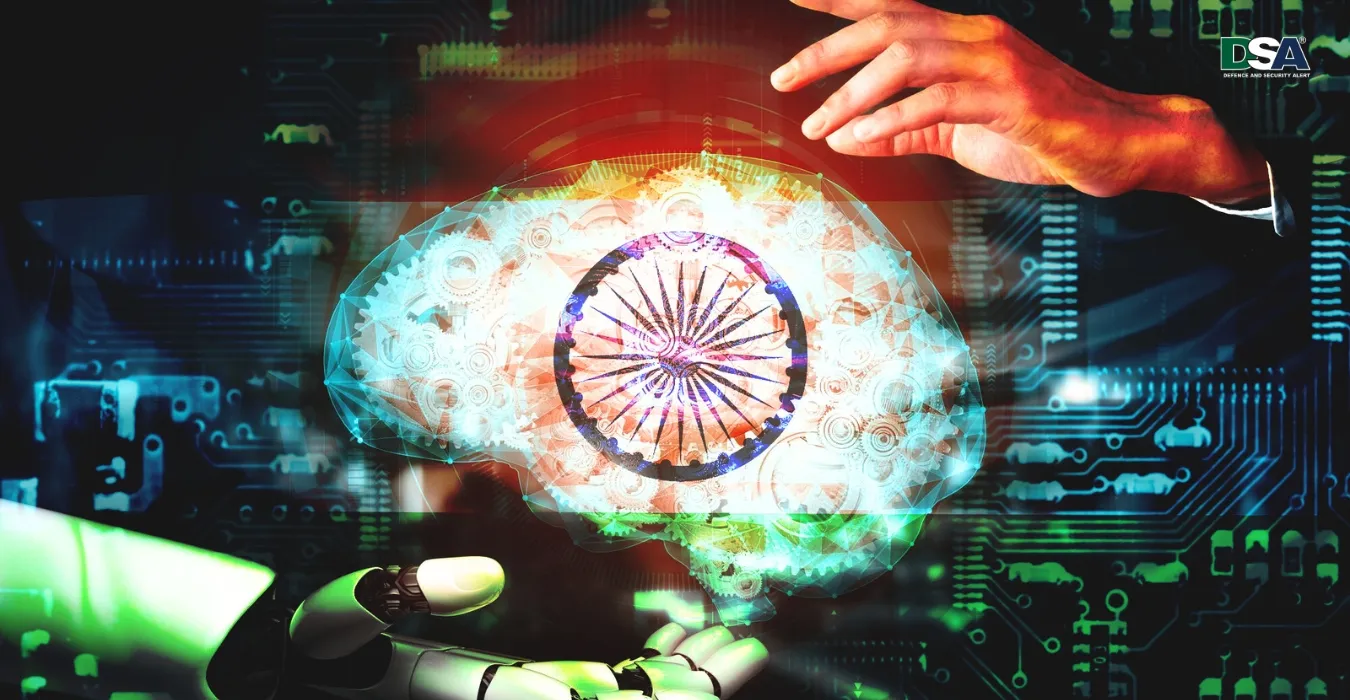

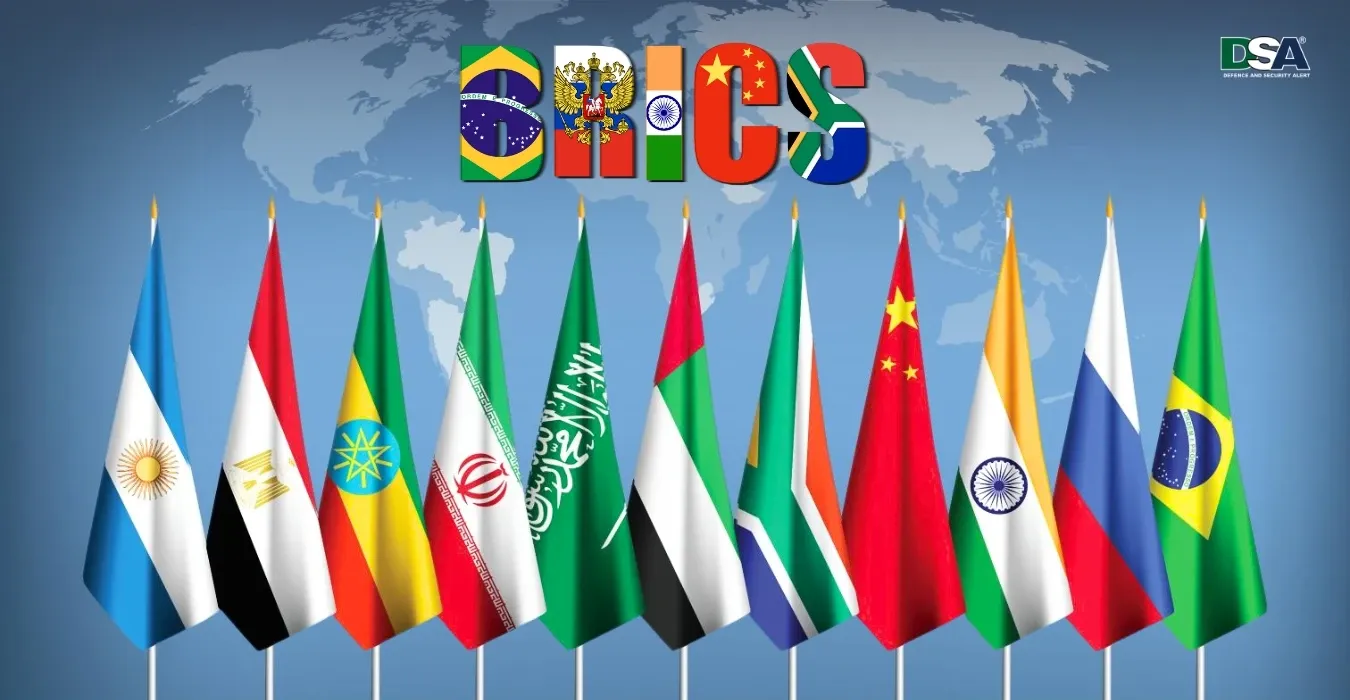
.webp)


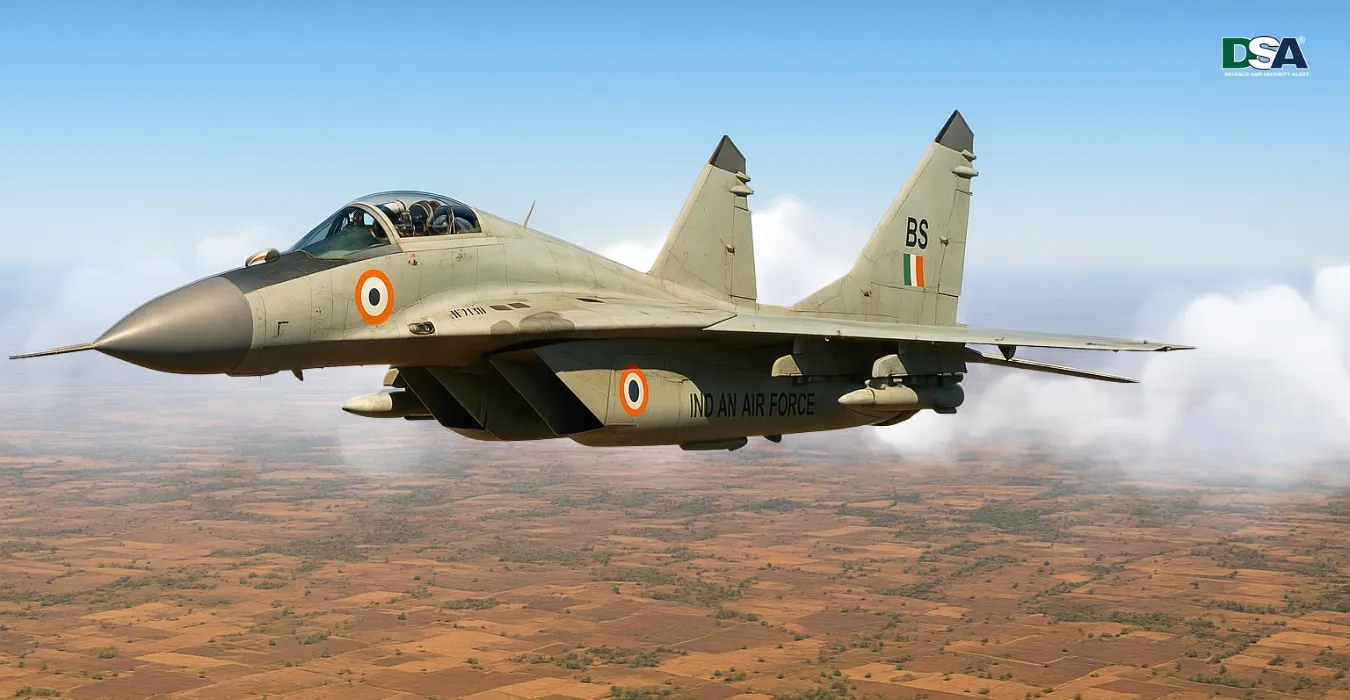



.webp)
.webp)
.webp)
.webp)

.webp)

.webp)

.webp)

.webp)
.webp)
.webp)
.webp)
.webp)

.webp)
.webp)

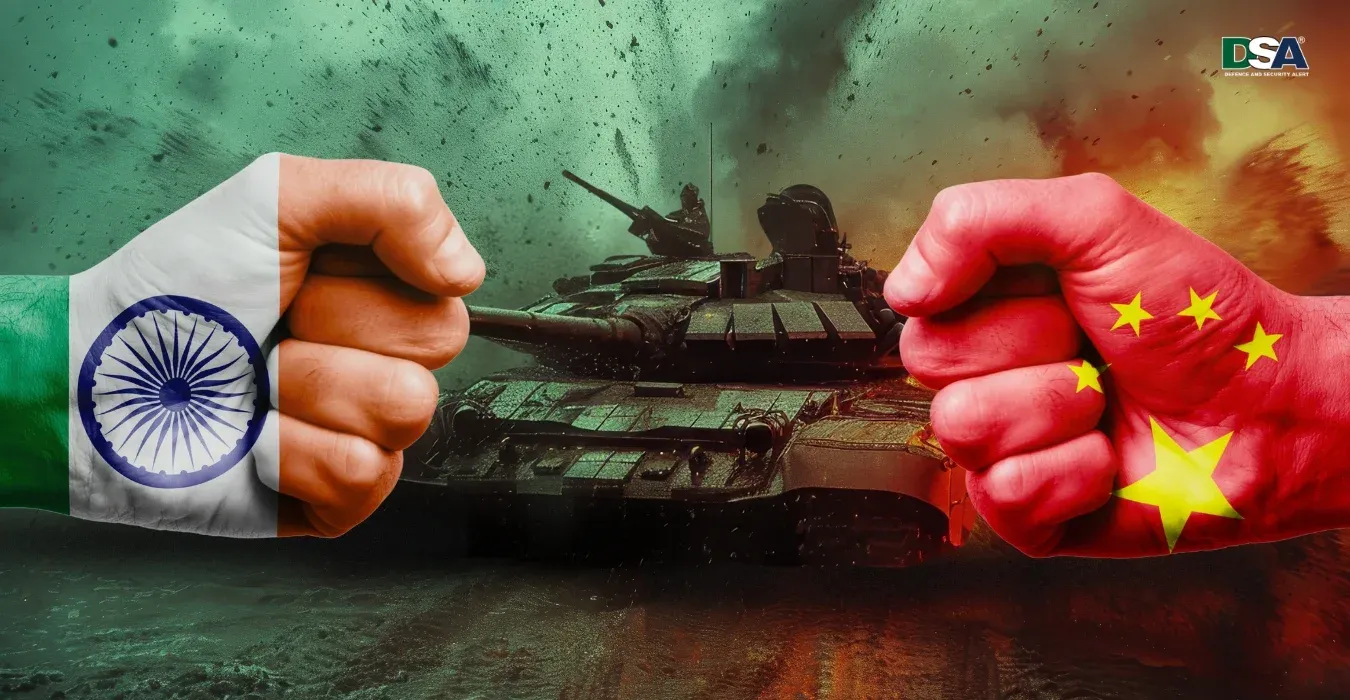
.webp)
.webp)
.webp)
.webp)
.webp)
.webp)

.webp)
.webp)

.webp)
.webp)
.webp)
.webp)
.webp)



.webp)
.webp)
.webp)
.webp)


.webp)

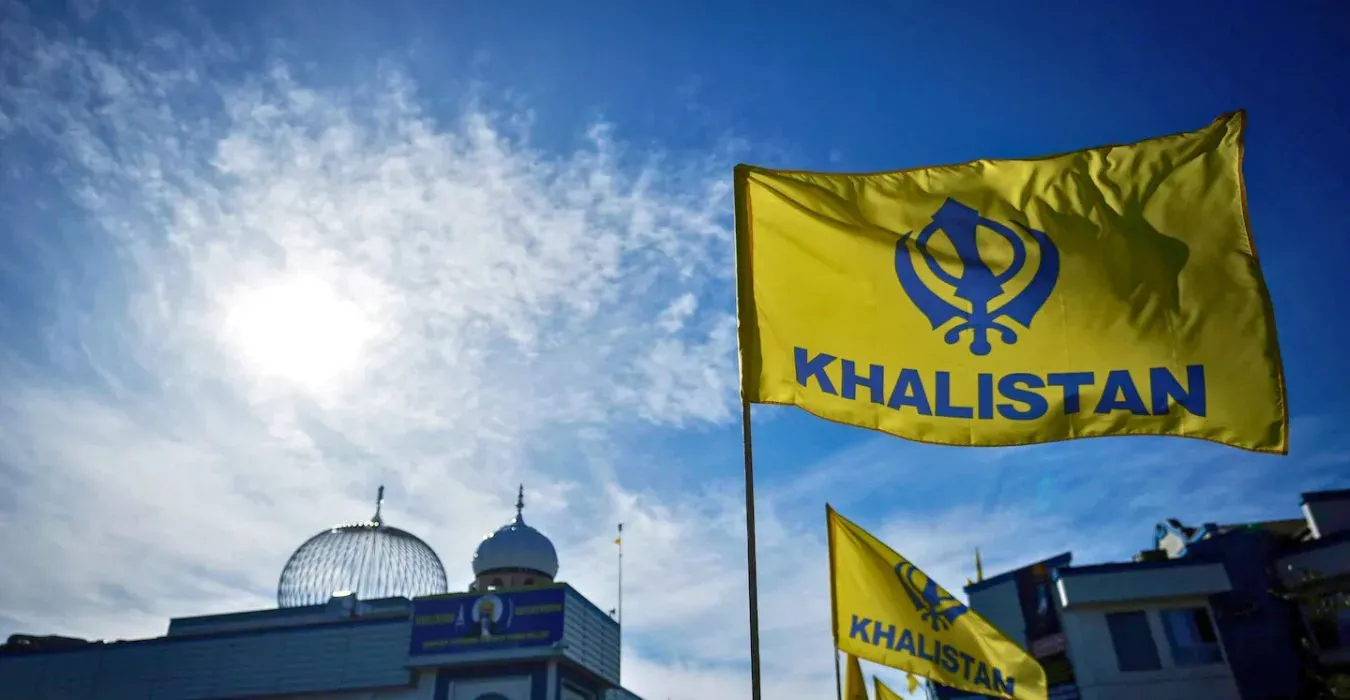





.webp)
.webp)
.webp)

.webp)
.webp)



.webp)



.webp)
.webp)
.webp)

.webp)
.webp)

.webp)


.webp)

.webp)
.webp)
.webp)


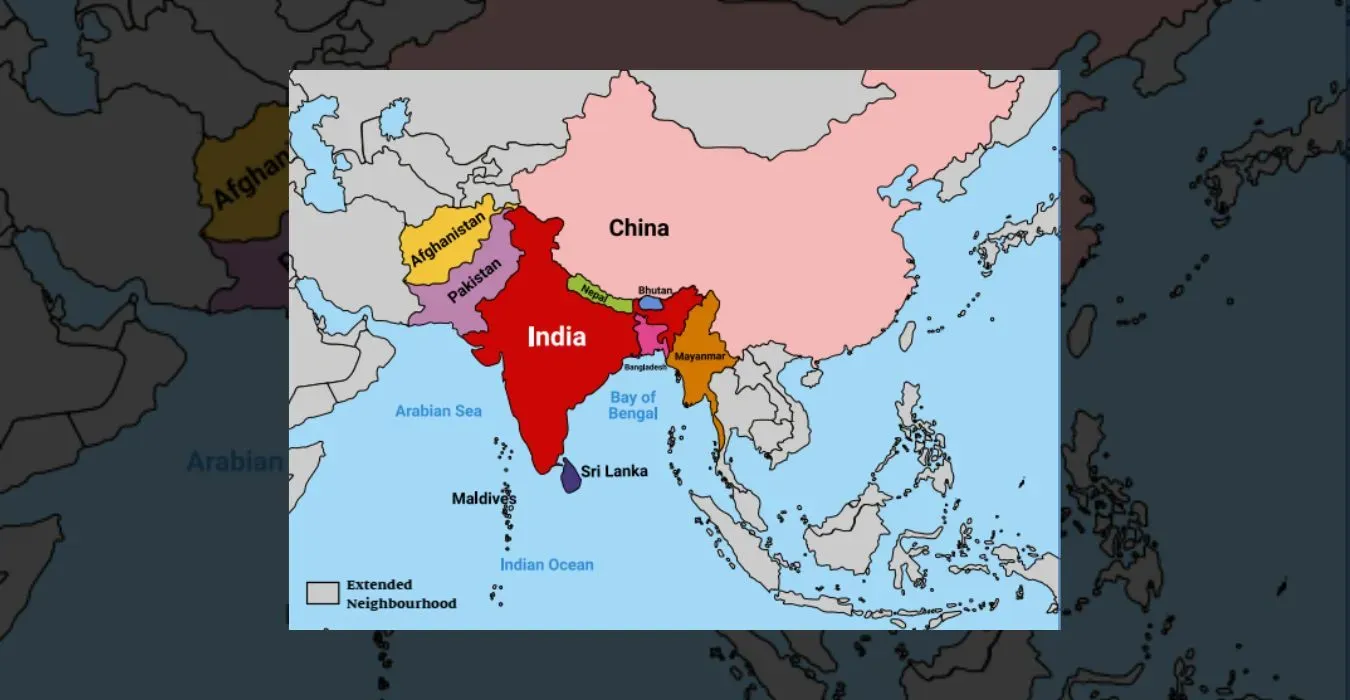


.webp)

.webp)
.webp)

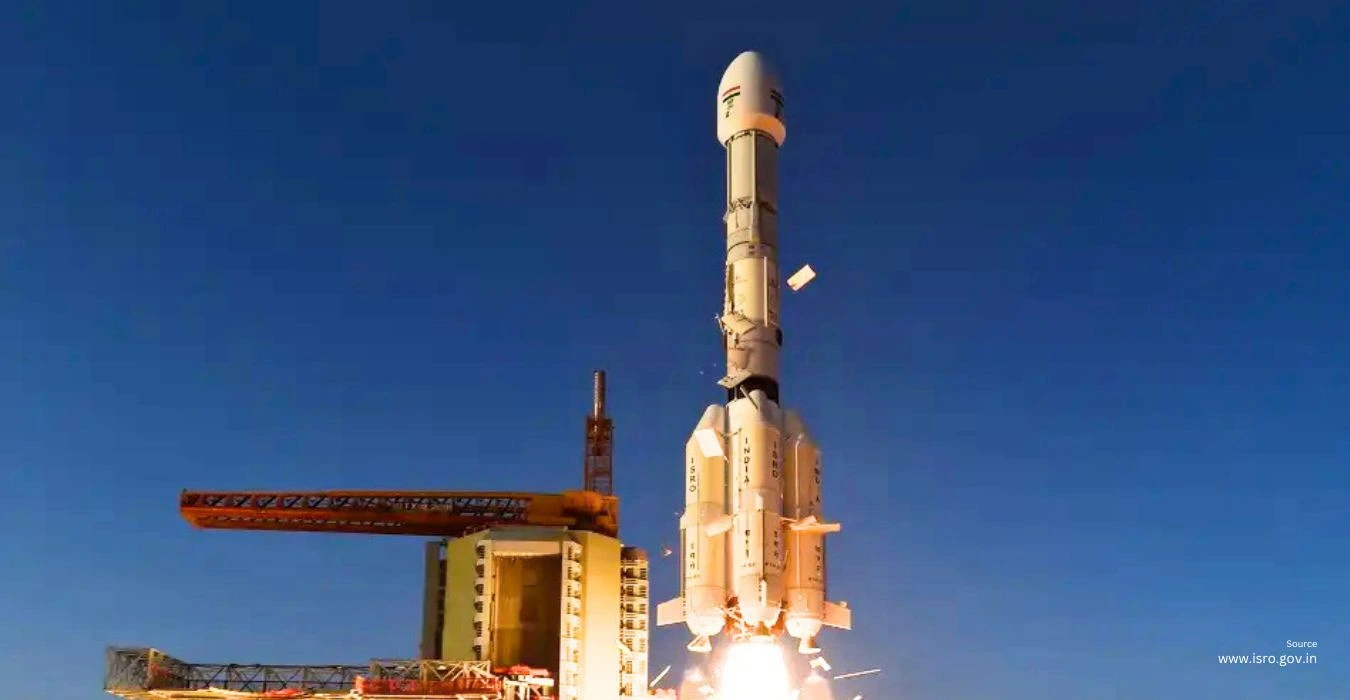



 9958382999
9958382999
